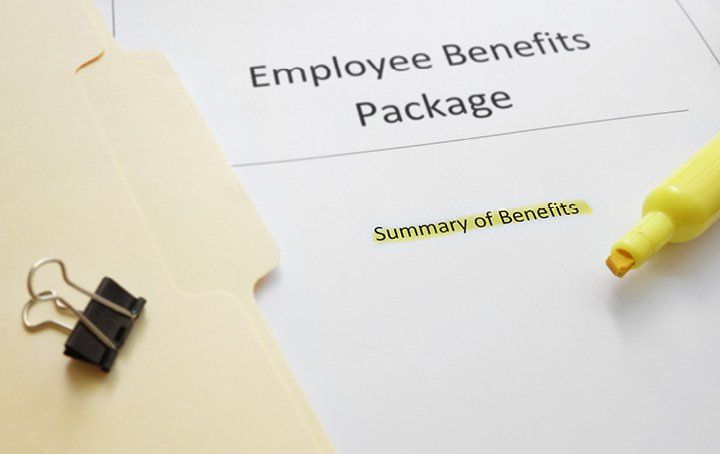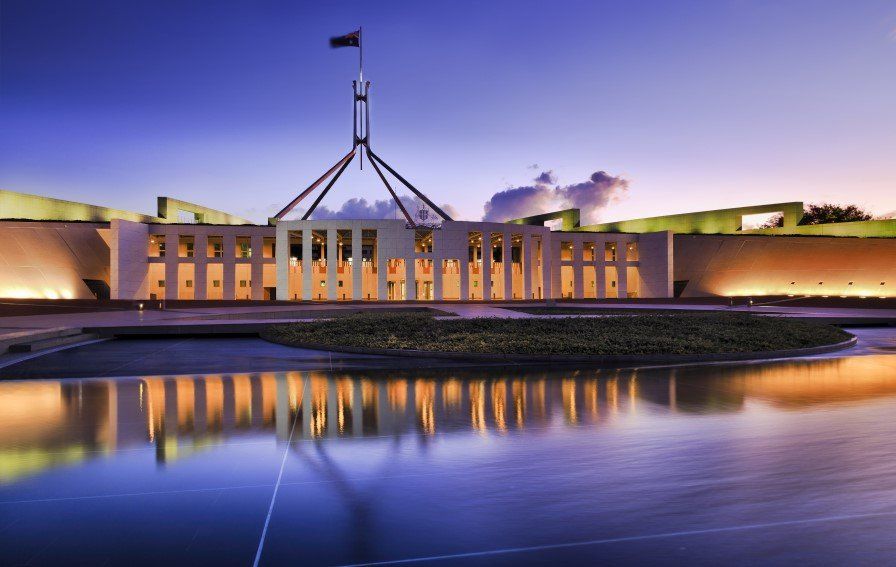 A ban on excessive
card surcharges now applies to all merchants, irrespective of their size, from 1 September 2017. Excessive card surcharges charged to customers by businesses are banned following changes to law made last year.
A ban on excessive
card surcharges now applies to all merchants, irrespective of their size, from 1 September 2017. Excessive card surcharges charged to customers by businesses are banned following changes to law made last year.
New legislation bans excessive payment surcharges, ie, charging a customer more than what it actually costs the business to process a card payment. The prohibition has applied to large businesses since 1 September 2016 and is now extended to smaller businesses from 1 September 2017.
A "large business", for this purpose, is one that satisfies at least two of the following conditions:
- it has a consolidated gross revenue of $25 million or more;
- the value of its consolidated gross assets is $12.5 million or more; and/or
- it employs 50 or more employees.
The ban prohibits excessive surcharges in respect of payments covered by a Reserve Bank of Australia (RBA) standard or a regulation made under the Competition and Consumer Act 2010.
Earlier in 2016 the RBA Payments System Board published standards limiting the permitted surcharge to the costs of processing a payment. These apply to the following payment systems:
- MasterCard (credit, debit and prepaid);
- Visa (credit, debit and prepaid);
- EFTPOS (debit and prepaid); and
- American Express cards issued by Australian banks.
The applicable limit (beyond which a surcharge will be considered "excessive") is linked to the direct costs of the payment method, such as bank fees and terminal costs.
Payment methods that are not covered by the ban include BPAY, PayPal, Diners Club cards, American Express cards issued directly by American Express, cash and cheques. Payments made to taxi services are also excluded as the activity is already regulated by state and territory regulators.
If your business wants to establish a single surcharge across multiple payment methods, you should use the lowest cost method and not an average. For instance, if your cost of processing for Visa debit is 1 per cent, for Visa credit is 1.5 per cent and for American Express is 2.5 per cent, the single surcharge would be 1 per cent as that is the lowest of all payment methods.
The Australian Competition and Consumer Commission (ACCC) have reported that banks will send monthly and annual statements to merchants setting out the charges for each payment period. The statements will assist your business to determine the levels of surcharge you can pass on to your customers, should you decide that you wishtodo this.
Who enforces the ban?
The ACCC is responsible for enforcing these new provisions, and will investigate complaints relating to excessive payment surcharges. They can also take court action against a business by seeking pecuniary penalties.
Under the changes, the ACCC will be able to gather information from those involved in the payments process and will have the authority to issue infringement notices and impose penalties against those who engage in excessive surcharging.
The ACCC has prepared guidance to assist business owners, which is available on its website.
Need to know more?
If you would like to know more about how the ban could affect your business, please don't hesitate to contact Liz Gibbs at Robert Goodman Accountants on 07 3289 1700.
© Copyright 2017. All rights reserved.
Brought to you by: Robert Goodman Accountants















